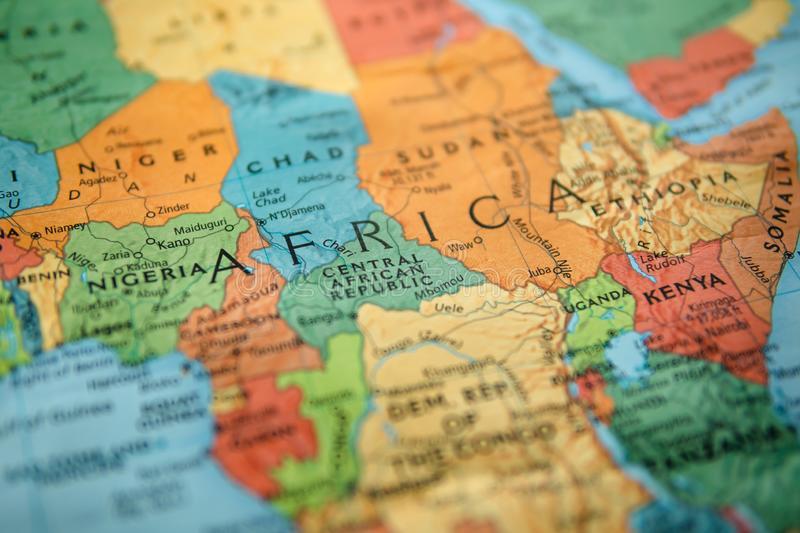Africa-Press – Sierra-Leone. At a high-profile Policy Dialogue held during the 21st General Assembly of the West African Tax Administration Forum (WATAF) in Freetown on Tuesday, September 16, 2025, West African leaders issued an urgent call to strengthen domestic resource mobilization as global economic pressures mount.
Vice President Mohamed Juldeh Jalloh highlighted the critical timing of the forum, framing it as a decisive platform to address widening fiscal gaps in low-income economies across the region.
“Most of the resources we make today, small economies, we use them to service our debt,” Jalloh said, underscoring the constraints that hinder sustainable development in West Africa. He pointed to a staggering $4 trillion annual financing gap needed to meet the 2030 Sustainable Development Goals (SDGs), emphasizing the necessity for bold, innovative strategies in domestic revenue mobilization.
Jalloh attributed the region’s mounting fiscal pressures to a series of global shocks, from COVID-19 disruptions to the prolonged Ukraine conflict, which have driven up energy costs and strained supply chains. He advocated for a comprehensive overhaul of tax systems, focusing not only on tax efficiency but also on broadening the tax base and strengthening governance within tax administrations.
“We need to expand the base and to reduce leakages and improve the governance of tax administration,” he said, highlighting the pivotal role of legal enforcement and tax courts in curbing evasion. He further linked robust tax systems to broader economic reforms, stating, “You can only develop revenue in a country where there are efforts to improve the ease of doing business, making your country competitive, to attract foreign direct investment.”
Echoing this sentiment, Minister of Finance Sheku Fantamadi Bangura emphasized that effective tax systems are not mere revenue collection tools but drivers of sustainable development. “Taxes are not to punish you. Taxes also make sure that the government collects what belongs to government,” he said. Bangura highlighted the need for clarity and simplicity in tax legislation to foster understanding among taxpayers, while stressing the value of the forum in bringing together policymakers, economists, and civil society to promote innovation and collaboration in tax administration.
Both leaders pointed to the potential of regional cooperation in raising tax-to-GDP ratios. VP Jalloh noted the disparity: “When you take the country like Senegal, revenue to GDP ratio is about 21 percent in 2020, and in Sierra Leone we are still less than 10 percent,” demonstrating the opportunity to adopt best practices across West Africa.
The overarching message from the dialogue was clear: in an era of declining international development support and heightened global uncertainty, West African nations must maximize domestic revenue potential. Investments in modernizing tax systems, broadening taxpayer bases, strengthening legal frameworks, and creating an attractive investment climate are central to sustainable economic growth.
“If you don’t have a very strong revenue capacity, there is no doubt state capacity to deliver development is equally going to be very low,” Jalloh concluded, framing revenue mobilization as the linchpin of national development.
By hosting this forum, Sierra Leone has positioned itself at the forefront of regional fiscal reform, signaling a commitment to robust, transparent, and equitable tax systems capable of underpinning West Africa’s growth ambitions over the next decade.
For More News And Analysis About Sierra-Leone Follow Africa-Press






